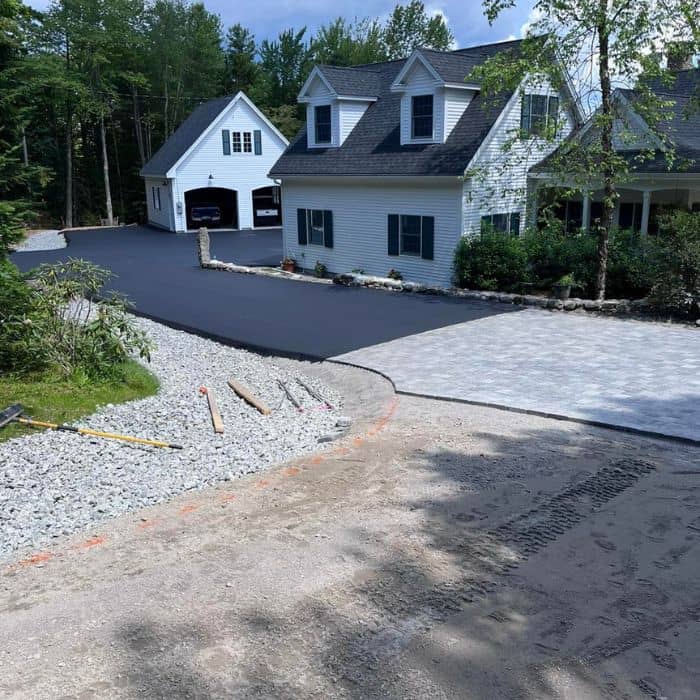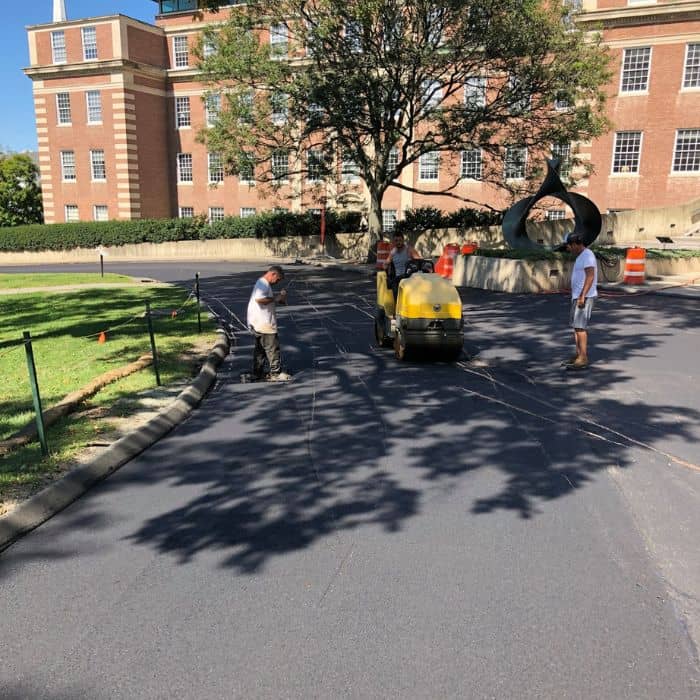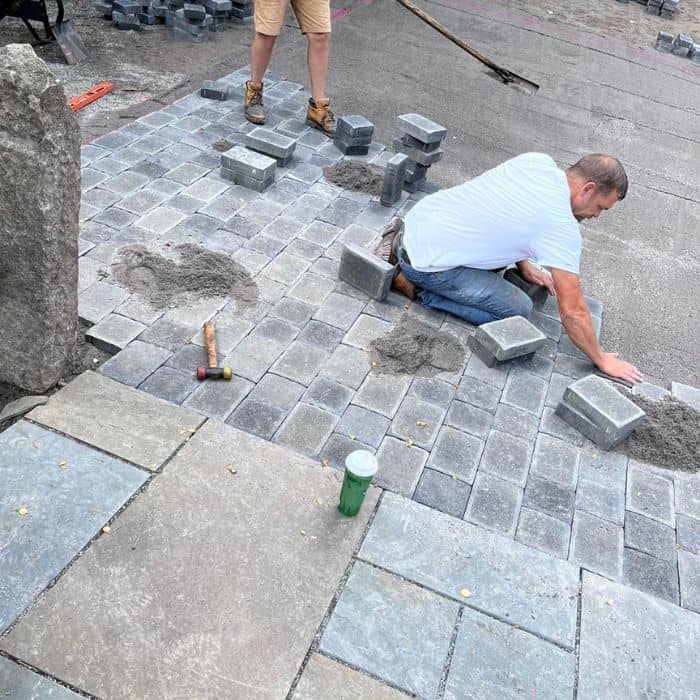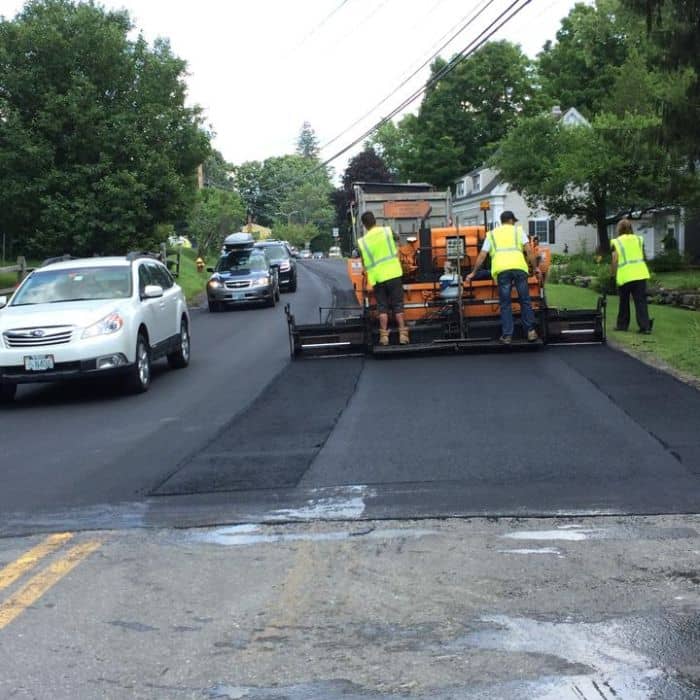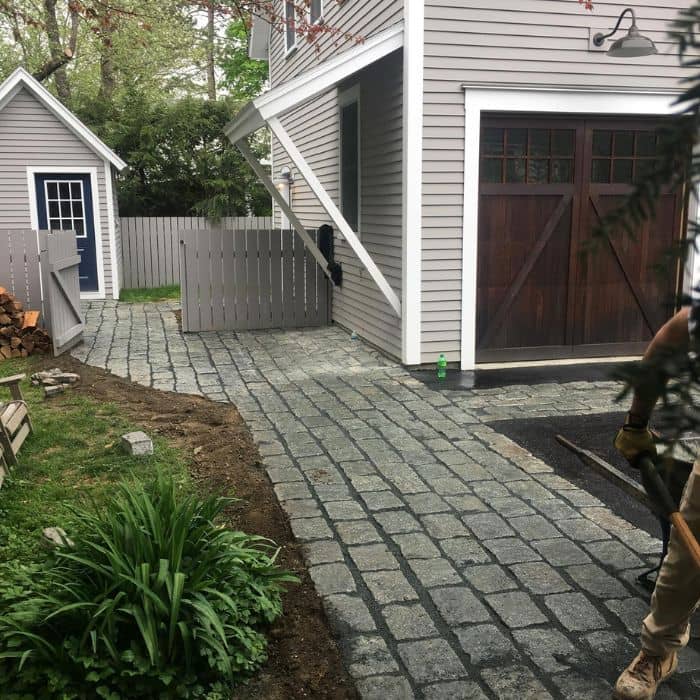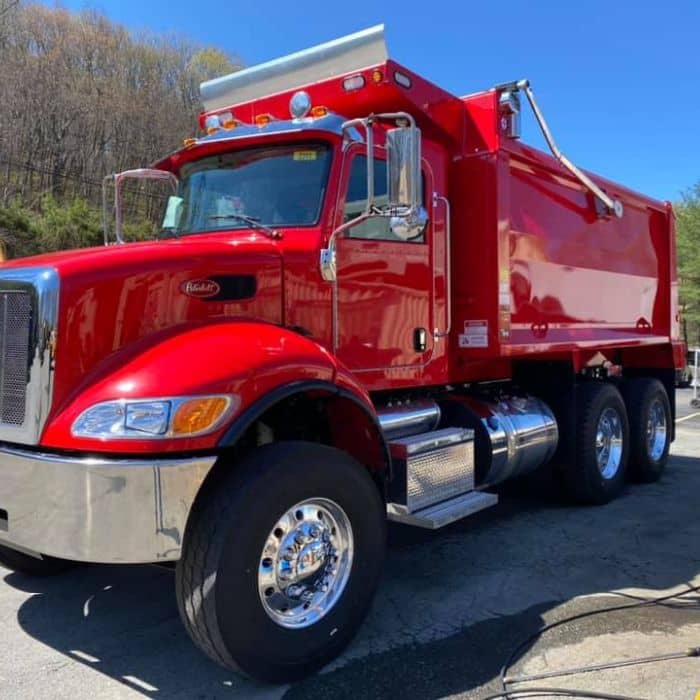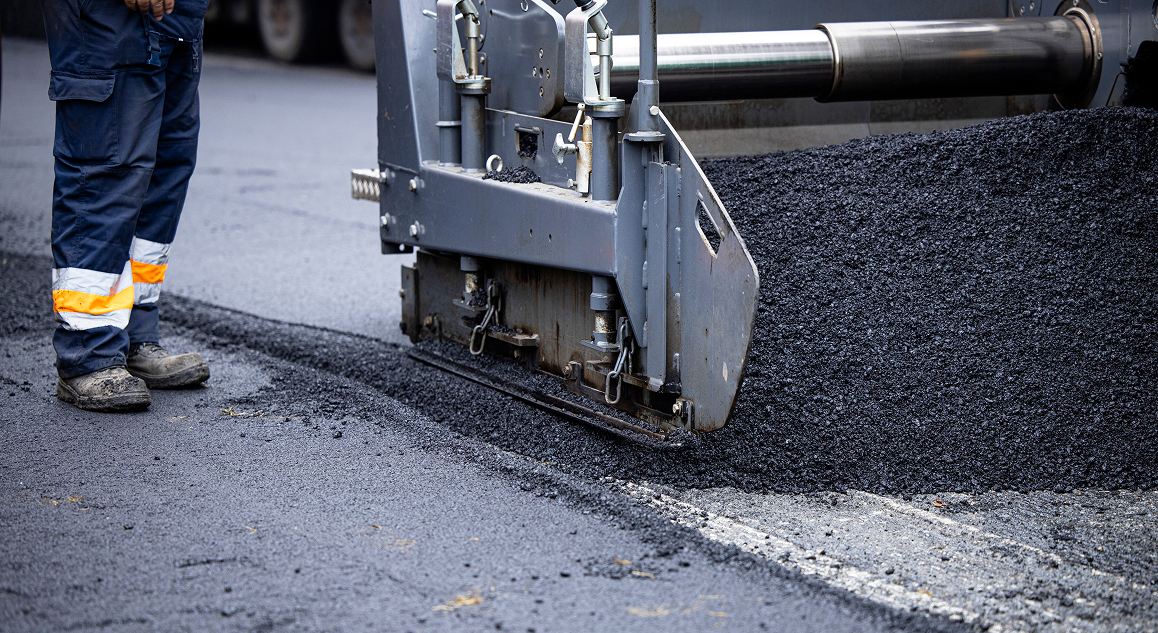
When it comes to choosing a driveway material that stands up to Vermont’s extreme winters,asphalt driveways Vermont homeowners prefer continue to prove their value. Snowstorms, freeze-thaw cycles, road salt, and sub-zero temperatures can do a number on unprepared surfaces. But asphalt, when properly installed and maintained, offers a reliable, long-lasting solution that’s built for New England conditions.
In this guide, we’ll explore why asphalt outperforms other materials in Vermont’s climate, what makes it so durable, and how you can extend the life of your driveway even during the harshest seasons.
Why Vermont Winters Are So Tough on Driveways
Vermont sees some of the coldest and snowiest winters in the U.S. With average snowfall over 80 inches in many areas and frequent freeze-thaw cycles, driveways endure serious seasonal stress.
Here’s what Vermont winters typically bring:
- Repeated freezing and thawing that causes expansion and contraction
- Heavy snow accumulation requiring plowing and salting
- Moisture infiltration that penetrates cracks and refreezes
- Low temperatures that make some paving materials brittle
Concrete and gravel surfaces struggle under these conditions—but asphalt, thanks to its flexibility and heat-retaining properties, is far better equipped to handle it all.
Top Reasons Asphalt Performs Better in Cold Climates
1. Flexibility That Prevents Cracking
Unlike rigid concrete, asphalt is a flexible pavement. This flexibility helps it adapt to soil movement and expansion caused by freezing temperatures without cracking as easily.
Concrete, on the other hand, often develops visible cracks as it cannot accommodate temperature swings. Those cracks expand when moisture enters and freezes, creating larger gaps and permanent damage.
2. Faster Snow & Ice Melt
Asphalt’s dark color naturally absorbs more sunlight—even during short winter days. This added warmth speeds up the melting of snow and ice on your driveway surface.
Faster melting not only improves safety by reducing slippery conditions, but it also makes snow removal more effective.
3. Easier to Maintain in Winter
Asphalt driveways are easier to manage during winter for several reasons:
- Snowplows glide smoothly across the surface
- Salt and de-icers work well without damaging the pavement
- Cracks can be easily filled between seasons
That ease of maintenance is essential for Vermont homeowners who have to manage driveways daily during snow season.
4. More Resistant to Road Salt Damage
Vermont winters require a lot of salting and sanding. Concrete is prone to surface damage from salt, often resulting in scaling or spalling (chipping). Asphalt handles salt much better and is less likely to suffer structural damage from de-icing products.
5. Affordable Repairs for Winter Damage
If asphalt does suffer minor damage over winter, it’s simple to repair:
- Crack sealing prevents further water intrusion
- Cold patching offers quick pothole fixes
- Sealcoating restores surface protection
Concrete repairs, by contrast, often involve breaking up and replacing entire sections—an expensive and time-consuming process.
Benefits of Asphalt for Vermont Homeowners Year-Round
Winter resilience is key, but asphalt offers benefits all year long:
Cost-Effective Installation
- Lower upfront cost than concrete
- Faster installation with less downtime
- Ideal for driveways of all sizes
Aesthetically Clean Finish
- Smooth, black surface complements any home style
- Curb appeal boost with a professional look
- Can be re-sealed every few years to maintain appearance
Long Lifespan with Proper Maintenance
- 20–30 years of durability
- Withstands traffic, weight, and weather extremes
- Simple upkeep helps preserve performance
For homeowners looking for a blend of reliability, affordability, and weather resistance, asphalt is the go-to choice across Vermont.
How to Prepare Your Asphalt Driveway for Winter
1. Sealcoat Before Snow Hits
Sealcoating every 2–3 years adds a protective barrier to the surface. It helps prevent water infiltration, slows oxidation, and refreshes the driveway’s appearance.
2. Fill Cracks Promptly
Even small cracks allow water to enter. Once temperatures drop, that water freezes and expands, making the damage worse. Seal or fill cracks before the freeze sets in.
3. Ensure Proper Drainage
Make sure your driveway slopes correctly and allows snowmelt to drain away from the surface. Standing water will freeze and accelerate wear.
4. Avoid Metal Shovels and Aggressive Plowing
Metal tools can gouge or scrape even the toughest surface. Use rubber-edged plows orsnow blowers when possible.
5. Use Asphalt-Friendly De-Icers
Calcium chloride is often better for asphalt than traditional rock salt. It’s less damaging and works in colder temperatures.
Summer and Fall: The Best Time to Install or Resurface
If you’re thinking about installing a new asphalt driveway or resurfacing an old one, late spring through early fall is the optimal window. Warm, dry weather ensures the best bonding, curing, and compaction.
Why warm-weather paving works better:
- Proper curing and settling
- Less risk of moisture intrusion
- More efficient installation timelines
Planning ahead also helps avoid long contractor waitlists during peak season.
Signs Your Driveway Needs Professional Attention
While asphalt is built to last, it still requires periodic care. Watch for these signs that your driveway needs repairs or replacement:
- Visible cracks longer than a few inches
- Standing water after rain or snowmelt
- Potholes or soft spots
- Faded color and surface erosion
- Loose gravel or crumbling edges
The sooner you act, the more you can save by avoiding total replacement.
Asphalt vs. Concrete in Vermont: A Quick Comparison
Feature | Asphalt Driveways | Concrete Driveways |
Winter Durability | Excellent — Flexible and tough | Poor — Prone to cracking and salt damage |
Cost | Lower upfront & repair cost | Higher installation cost |
Installation Time | 1–2 days | 5–7 days |
Snow & Ice Management | Faster melt, easier plowing | Slower melt, surface scaling risk |
Maintenance | Simple, inexpensive | Complex and costly |
Lifespan | 20–30 years | 25–35 years with risk of spalling |
Why Local Expertise Matters
Asphalt paving isn’t a one-size-fits-all process. New England’s unique conditions require experienced, locally based contractors who understand Vermont’s soil types, drainage needs, and seasonal challenges.
Choosing the Right Paving Contractor:
- Look for proven local experience
- Ask for references and portfolios
- Verify they handle everything in-house (no subcontracting)
- Ensure they offer warranty-backed work
The best driveways are built by people who know the region—and know what it takes to build for long-term durability.
Conclusion: Choose What Works for Vermont
If you’re a homeowner preparing for another cold, snowy season, investing in a high-quality asphalt driveway is one of the smartest moves you can make. It delivers strength, flexibility, and cost savings—while standing up to winter’s harshest conditions.
When properly installed and maintained, asphalt driveways Vermont residents choose provide unmatched resilience in the face of ice, snow, and sub-zero temps. And with help from trustedasphalt companies Vermont homeowners rely on, you’ll get a surface that performs for decades, not just seasons.



